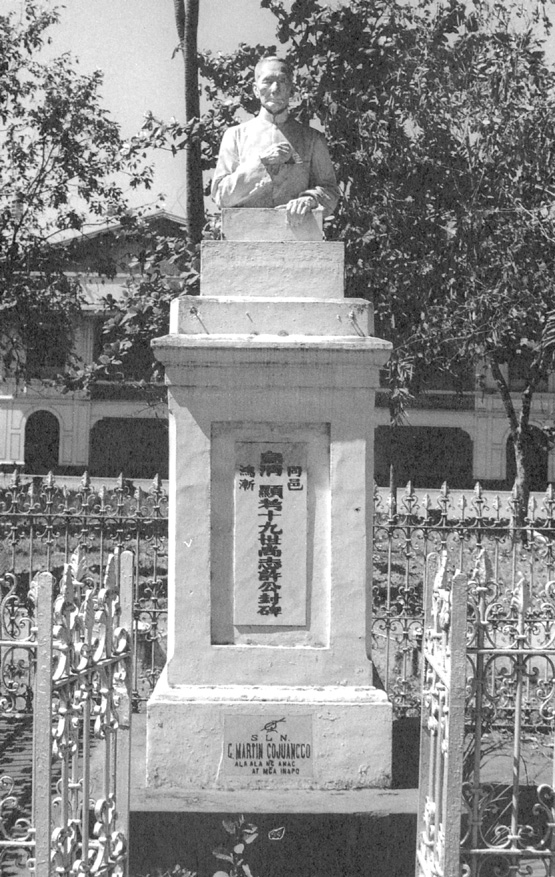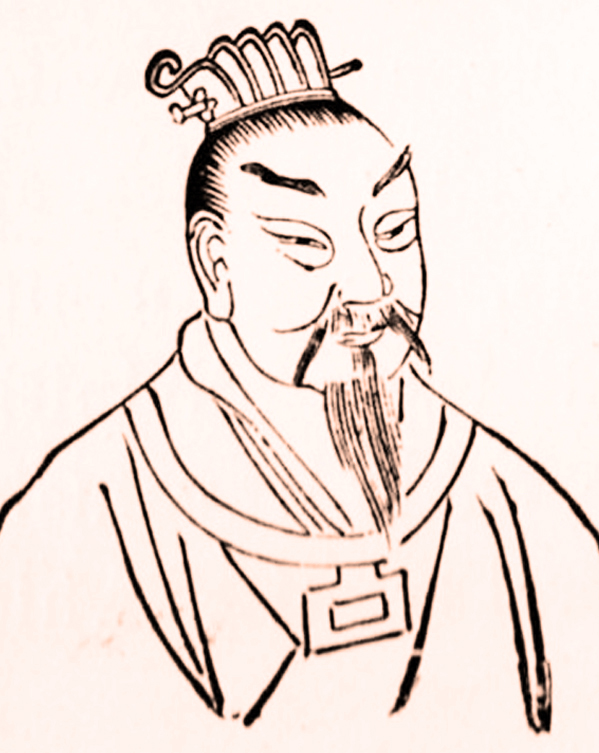First published in Tulay Fortnightly, Chinese-Filipino Digest 23, no. 13, (December 7-20, 2010), 5.
The Chinese surname 許 (Co in Hokkien, Xu in Mandarin) ranks ninth among the Chinese surnames in the Philippines and 28th in China.
Of the Philippines’ 15 presidents, two are heirs of the surname Co – Corazon Cojuangco Aquino and Benigno Simeon Cojuangco Aquino III. Cojuangco is the localized version derived from the Chinese name of Cory’s great grandfather, Jose Cojuangco (Co Yiok Kuan 許玉寰).
The surname 許 originated with the noble sage Xu Yu (許由 in Mandarin) during the time of the legendary Emperor Yao (堯) more than 4,000 years ago.
Xu Yu was so wise and famous Emperor Yao offered him the crown. In those days, the throne was handed down to someone – not necessarily the ruler’s sons – deemed wise and able. This practice was called 禪讓 (“shanrang,” which means to abdicate and hand over the crown to another person).

However, Xu Yu didn’t want to accept the emperor’s offer and moved away to Ji Mountain (箕山) in Henan province.
Emperor Yao sent people to look for him and asked him to head the nine states. But this action only drove Xu Yu further into reclusion. When the sage passed away, he was buried at Ji Mountain which was named Xu Yu Mountain after him. Since then, his heirs used 許 as their surname.
On a related note, another branch of 許 also has something to do with Xu Yu. During the West Zhou dynasty (西周 1100-771 B.C.) Emperor Zhou Wu Wang (周武王) conferred to an heir of legendary Emperor Yan (炎), Jiang Wen Shu in Mandarin (姜文叔), a territory at 許 where Xu Yu once stayed and established the 許 state.
So Jiang Wen Shu was also called Xu Wen Shu. Some of his heirs thus used the state’s name 許 as their surname. Yet, others used his name Wen (文) as their surname.
As a result, Chinese of 許 and 文 surnames actually share the same ancestor.
